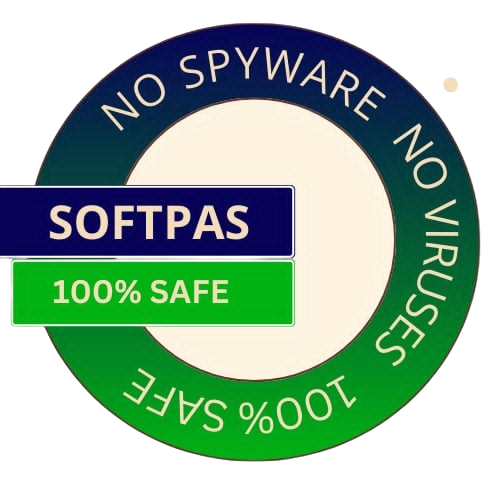
Get the best deals on your favorite games
Boomerang is a cool decompiler that takes an executable file and tries to turn it back into a high-level, compilable source file. This means it's kind of the opposite of a compiler, which goes from source files to executable files.
So, how does Boomerang do its thing? Instead of reversing every single step like some might think, it transforms the input program over and over until it gets to that high-level source code we talked about. Just keep in mind, you won't end up with the original source file; it's likely going to look quite different.
The great part is that it doesn't matter if your executable has symbols or what programming language it was made with—Boomerang has got you covered! Just a heads-up though: declarative languages like ML aren't really on the radar.
The goal here is to create a retargetable decompiler, which means it can handle different types of machine code files without too much hassle. Think X86-Windows or SPARC-Solaris! Plus, it's designed to be super modular. This way, you can swap out parts easily for testing new modules.
They also plan on making Boomerang interactive down the line. Some things—like figuring out variable names and comments—need a little expert help. Whether this will be part of the decompiler itself or a separate tool is still up for discussion.
Boomerang uses some smart tech like Static Single Assignment dataflow analysis. This helps keep its functionality pretty independent from whatever compiler was originally used. Even optimization shouldn't mess things up too much!
A few limitations:
If you're curious about trying out Boomerang yourself, feel free to check out this link.
Go to the Softpas website, press the 'Downloads' button, and pick the app you want to download and install—easy and fast!

SoftPas is your platform for the latest software and technology news, reviews, and guides. Stay up to date with cutting-edge trends in tech and software development.
Subscribe to newsletter
© Copyright 2024, SoftPas, All Rights Reserved.